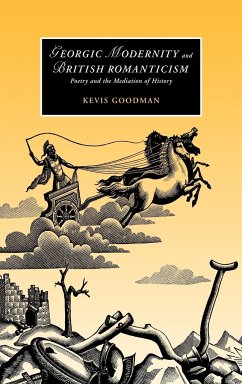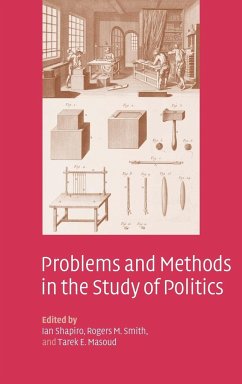
Humanism, Machinery, and Renaissance Literature
Versandkostenfrei!
Versandfertig in 1-2 Wochen
103,99 €
inkl. MwSt.

PAYBACK Punkte
52 °P sammeln!
This book explores how machinery and the practice of mechanics participate in the intellectual culture of Renaissance humanism. Before the emergence of the concept of technology, sixteenth- and early seventeenth-century writers recognised the applicability of mechanical practices and objects to some of their most urgent moral, aesthetic, and political questions. The construction, use, and representation of devices including clocks, scientific instruments, stage machinery, and war engines not only reflect but also actively reshape how Renaissance writers define and justify artifice and instrume...
This book explores how machinery and the practice of mechanics participate in the intellectual culture of Renaissance humanism. Before the emergence of the concept of technology, sixteenth- and early seventeenth-century writers recognised the applicability of mechanical practices and objects to some of their most urgent moral, aesthetic, and political questions. The construction, use, and representation of devices including clocks, scientific instruments, stage machinery, and war engines not only reflect but also actively reshape how Renaissance writers define and justify artifice and instrumentality - the reliance upon instruments, mechanical or otherwise, to achieve a particular end. Harnessing the discipline of mechanics to their literary and philosophical concerns, scholars and poets including Francis Bacon, Edmund Spenser, George Chapman, and Gabriel Harvey look to machinery to ponder and dispute all manner of instrumental means, from rhetoric and pedagogy to diplomacy and courtly dissimulation.














